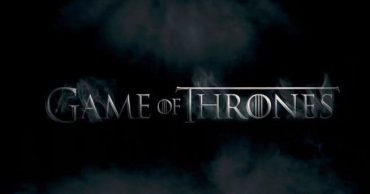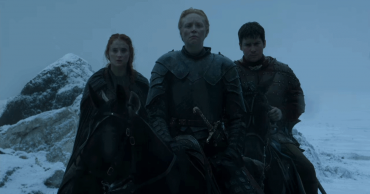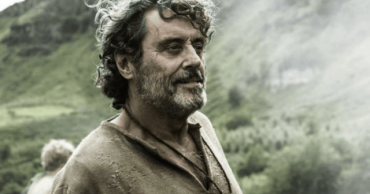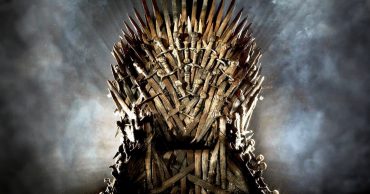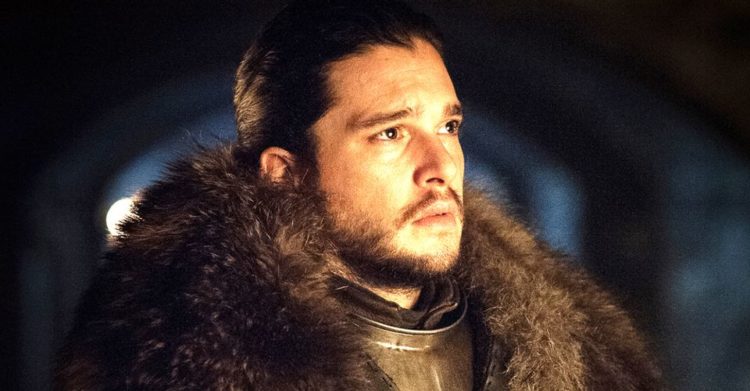
There have been endless debates, others qualifying as quarrels between fans of Game of Thrones and those of Vikings. Never has there been such an apparent disconnect between two conflicting sides, except maybe where football is concerned. This debate can never come to a clear end since each side feels better without evaluating the technical aspects. Most of these opinions are based on feelings and fans not wanting to be on the losing end. When putting these two shows against each other, the best route is to put feelings aside and evaluate indisputable features. Critically looking at various elements that make up a good film or series is the way to go in this never-ending battle.
First off, let’s look at some general details of these two shows.
Companies Handling Production
Game of Thrones is an American series and a product of HBO. It started filming in 2011 and finished in 2019. On the other hand, Vikings started production a little later in 2013 but the last season premiered in 2019. Vikings brought together the Canadian and Irish cultures through Octagon Films and Take 5 Productions. Both the shows hit the nail on the head in terms of entertainment value. Fans have followed episode after episode closely for a substantial number of seasons. For them to get and keep such loyal fans, it means they did some things right.
Side by Side Analysis
In Film and TV Production, specific elements, when critiqued, point out the limitations and successes of a piece of work. This approach will enable us to stay objective in this course.
1. Character Arcs
Character arc is the journey a character goes through from the beginning to the end of a show. We get to see a character’s triumphs, weaknesses, and strengths. The audience mostly wants to see a character grow and not regress. That feels like the most realistic approach. In criticizing these two shows, we find that their character arcs faced some challenges in execution. Bran made a stern statement in the Game of Thrones, saying he would never become Lord of Winterfell. When he becomes Lord of that same region, it brings a lot of confusion, primarily because the storyline did not lead the viewers to understand why he made such a decision in the end. Thus, it leaves his character in question since he says one thing and does another altogether On the other hand, Vikings deserve some props. We see a character like Ubbe growing and becoming what everyone expected him to be since they kept comparing him to his father, Ragnar Lothbrok, the mighty ruler. Ubbe takes after his father when he becomes the ruler in the show’s last season and looks for Floki (Ragnar’s doting friend) to rule beside him.
2. Pacing
The pacing of a show can either be good or bad. It becomes terrible when a viewer is bored due to the show’s slow and uneventful nature or when it becomes too quick and doesn’t allow the audience to consume and appreciate it fully. Compared to the previous ones, the later seasons of Game of Thrones felt like they deserved more attention. The characters didn’t have enough time to make independent decisions involving the storyline, and everything seemed planned. I know it’s all scripted, but that doesn’t mean it should be obvious. Vikings dodged this bad pacing bullet because even though it had instances where it could do better, the fast-paced unfolding of events was building up to the climactic ending.
3. Justice and Punishment
Individuals who go against the rules or do evil deeds must suffer consequences or face the law in any society. In situations where the law does not catch up with them, karma does so instead. It feels unnatural when a character in a film or TV series gets away with so much, and everyone seems okay with it. In-Game of Thrones, Cersei’s death was anticlimactic and felt like an escape compared to the wrongs and evils she had done. She was also a very fiery woman, breathing fire and brimstone everywhere she set foot. When she dies, it doesn’t feel like justice has been served. Vikings crossed borders where justice and punishment were concerned as their characters went unpunished. A great example is Ingrid, who ends up becoming the queen despite committing atrocities against her people. Not getting punished portrays a very unjust society since everyone in the kingdom knew what kind of a person she was.
4. Loose Ends
A great story must be conclusive. Although cliffhangers are allowed, a story or an aspect of a story shouldn’t feel like the writer just dropped it. In Vikings, the sudden exclusion of Rollo isn’t received well as the audience expected to see him in the last season. The script did not explain his whereabouts, and fans are in the dark about his fate. The mention of the Azor Ahai in Game of Thrones was significant enough to deserve more light shed on it, even if it came up in a prophecy. Worse still, Azor Ahai was supposed to bring redemption to the people. The show failing to give prominence to this was a big fail.
5. Gratifying Conclusion
Every good series has a good ending. Good not to mean positive, but writers should adequately execute it. Game of Thrones has constantly received heat for having a lousy conclusion. With flaws linked to notable characters and the show’s storyline, the conclusion destroyed the entire show’s good rating. Vikings could have done better in its ending, but minor flaws only involved the need for more action and despair in the ending, not character issues.
Conclusion
The reactions fans had after both shows ended answer the question of who did it better. The great mass following behind Game of Thrones was more angered and disappointed. Vikings fans were also not very thrilled, but they seemed more at peace with the ending than their counterparts. I think that says it all. If your target audience isn’t very pleased, you better find out what you did!Bran
 Follow Us
Follow Us
